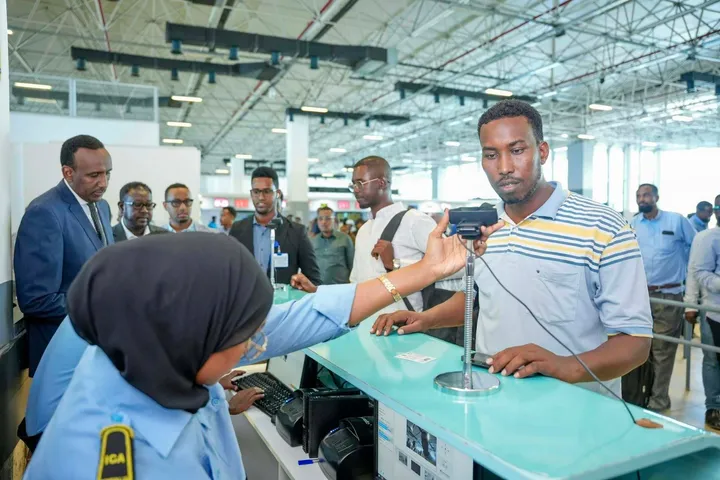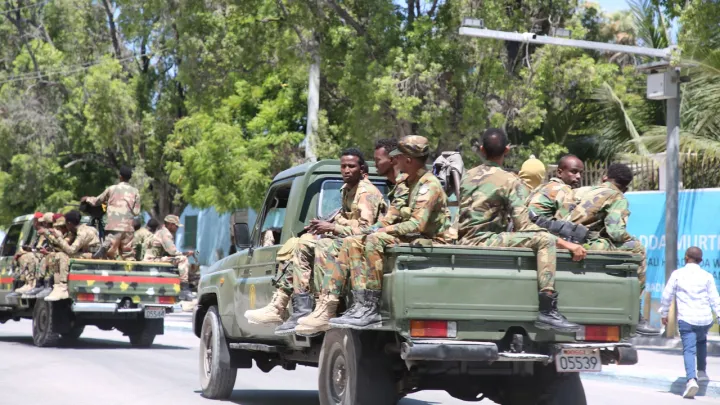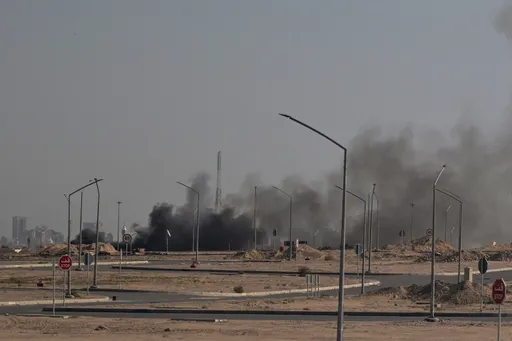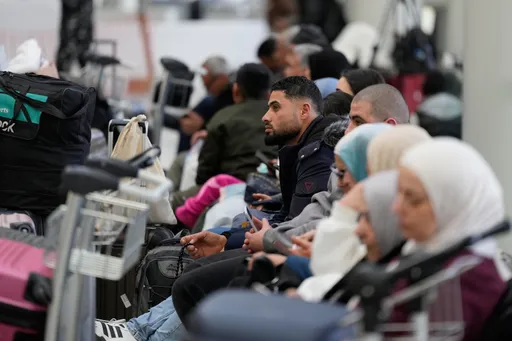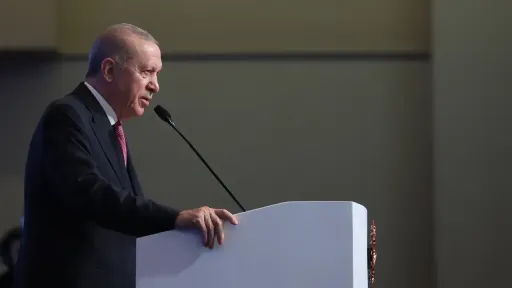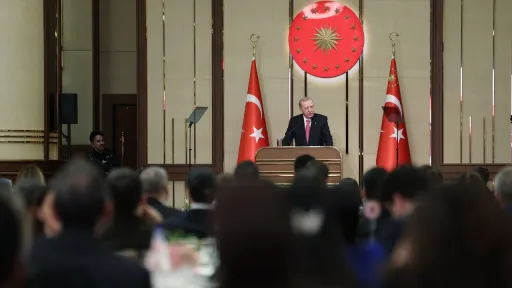When the Gen Z-led anti-tax protests erupted in Kenya over a year ago, the country's youth may have rediscovered a weapon hiding in plain sight: the country's constitution.
As the agitation snowballed, often sullied by acts of arson and looting, the right to democratic protest guaranteed by the constitution stood tall amid the ruins.
One of the enduring images from the still simmering protests features a young woman grabbing a riot policeman's mask as he approaches her. Another viral video shows a protester standing up to the imposing figure of an armed police officer as shouts of "Go back! Go Back!" rent the Nairobi air.
The protesters weren't just defying authority; they were exercising rights that had been waiting fifteen years to be tested.
The 2010 Kenyan constitution guarantees freedom of expression – a provision that protesters wielded against the government to protest alleged fiscal profligacy, soaring debt, proposed tax increases and law-and-order breaches, including a series of abductions.
"A constitution must be understood as a document that provides/sets out provisions for principles and concepts that are not enforceable independently in the document itself," explains Edward Ndonga, a Kenyan lawyer.
Kenya's 2010 constitution is explicitly clear on freedom of expression, not only calling for the same but appreciating the importance of 'we the people' in good governance and constitutionalism. It is in executing the same that the cookie crumbles."
Hard-won document
The creation of the new constitution that replaced the 1963 and 1969 versions was a lengthy and challenging process, ultimately requiring a referendum.
The vote saw 67% of Kenyans consenting to the draft, which mentions citizens' right to expression, assembly and protest as being non-negotiable.
Article 24 of the constitution, found in Chapter 4 (the Bill of Rights), outlines the strict conditions under which rights and fundamental freedoms can be limited.
It explicitly states that any limitation must be prescribed by law, be reasonable and justifiable in an open and democratic society, and also take into account factors like the nature of the right and the purpose of the limitation.
While freedom of expression under Article 24 has officially existed for a decade and a half, it wasn't until protests erupted against the Kenya Finance Bill that citizens possibly realised what it means.
"The first time I went to a protest was on June 25, 2024," recalls Irene Wambui. "At first, you are scared and don't know if you will come back safely. But in the end, you feel a certain pride that you have participated in a movement of critical importance and have contributed your voice."
Despite resistance from government forces trying to prevent things from escalating, Gen Z numbers swelled at subsequent protests.
"Law enforcement not only means preventing anarchy, but also ensuring that those out on the streets protesting democratically are not denied protection," explains Ndonga.
Irene's experience of being part of an agitation on the scale of the Gen Z protests was allegedly selective administrative action. "You don't hit the streets looking to be beaten. But when chaos descends, irrespective of who starts it, protesters are usually at the receiving end," she tells TRT Afrika.
Regional ripples
As the Gen Z agitation in Kenya escalated, young people across Africa seemed to draw inspiration from it and openly voice their grievances on social media.
Nigeria, Uganda and Zimbabwe witnessed nascent movements that soon died out in the face of strict enforcement, suggesting that country-specific understanding of constitutional rights remains uneven.
So, have youth in Kenya developed a higher awareness of the right to expression and democratic protest than their peers in many countries on the continent?
"The short, maybe even surprising, answer is 'yes'. There is clearly more awareness of people's rights and a clamour from the younger generation to be heard. It helps that they are educated and have access to technology that enables them to air and disseminate their views faster than ever before," Ndonga tells TRT Afrika.

